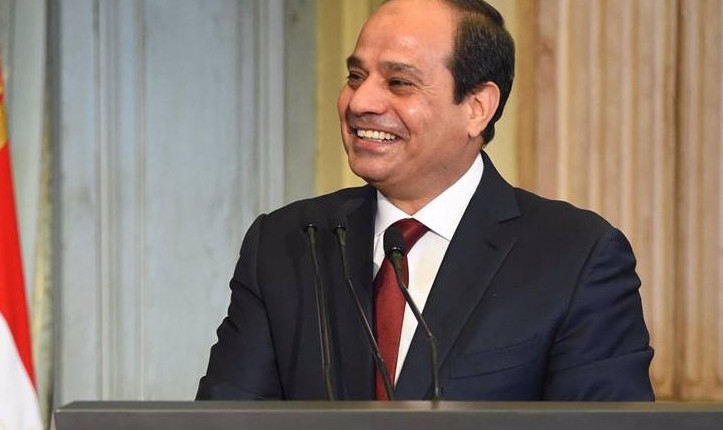The Turkish Parliament on April 26, 2021 unanimously approved the re-establishment of the Turkey-Egypt Parliamentary Friendship Group, which had been dissolved following the seizure of power by the Egyptian army led by General Abdel Fattah al-Sisi and the ouster of Turkish-backed President Mohamed Morsi in 2013, making a goodwill gesture amid the Turkish government’s unilateral efforts to find ways of normalizing bilateral relations with the Arab state.
The friendship group consists of members of the ruling Justice and Development Party (AKP) who defamed Egyptian President Sisi in their public remarks and social media posts in past years, a Nordic Monitor study has shown.
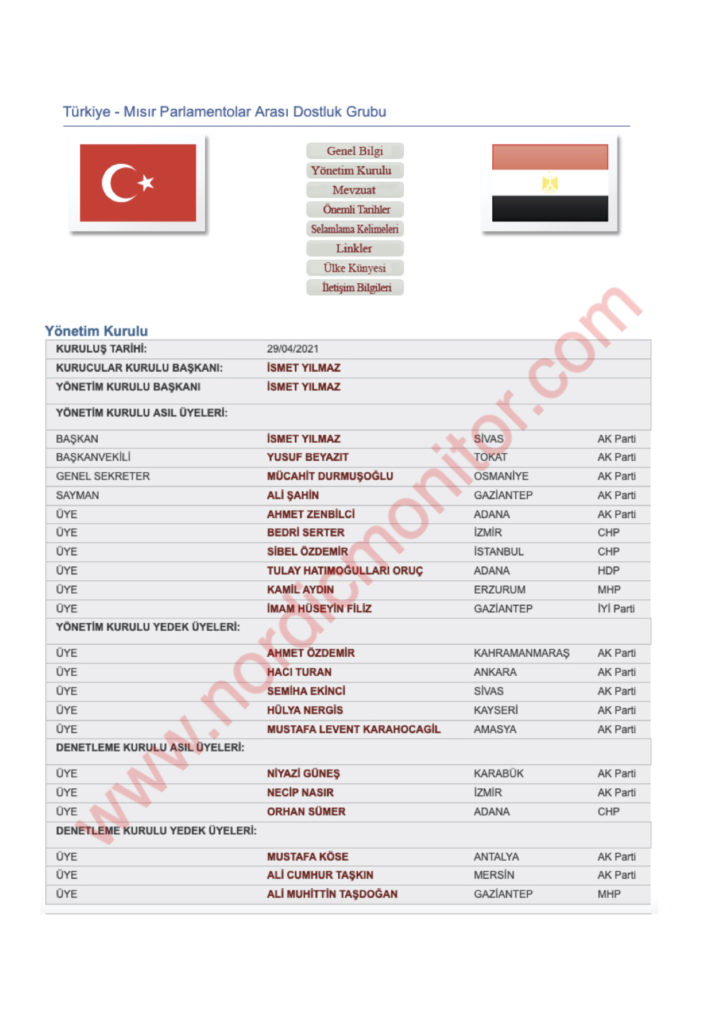 Formed in only three days after parliament’s approval, the group includes 10 permanent members — six from the AKP and its far-right ally the Nationalist Movement Party (MHP), and four from the opposition, namely the Republican People’s Party (CHP), the nationalist İYİ (Good) Party and the pro-Kurdish Peoples’ Democratic Party (HDP).
Formed in only three days after parliament’s approval, the group includes 10 permanent members — six from the AKP and its far-right ally the Nationalist Movement Party (MHP), and four from the opposition, namely the Republican People’s Party (CHP), the nationalist İYİ (Good) Party and the pro-Kurdish Peoples’ Democratic Party (HDP).
Former defense minister and current head of the parliamentary Defense Committee İsmet Yılmaz has been appointed to lead the friendship group. Yılmaz was deliberately selected since he had welcomed General Sisi, who was defense minister before the coup in 2013, to Turkey and signed a military agreement in which Turkey promised to support several projects in Egypt. Sisi was also received by then-Prime Minister Recep Tayyip Erdoğan, accompanied by Minister Yılmaz.
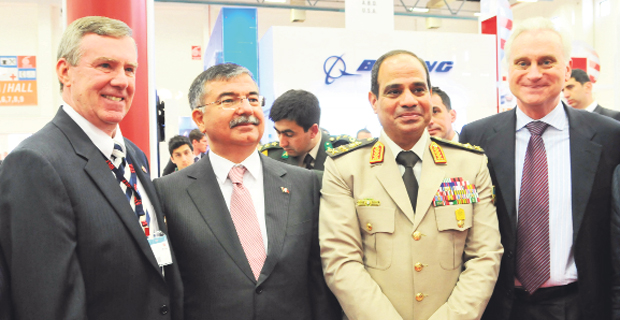
However, the good relations between the two defense ministers did not last long. A few months later the military overthrew Egypt’s then-president Mohamed Morsi, in July 2013. Turkey’s Ministry of Defense and Prime Ministry deleted all news and pictures on their websites and social media posts of Sisi’s visit in May 2013.
Yılmaz, who commented on the coup d’état in Egypt on June 27, 2017 in the city of Sivas, said: “Egyptian history has witnessed many tyrants, pharaohs killing newborn babies. No question, the Egyptian nation will get rid of such tyrants who oppress their people.”
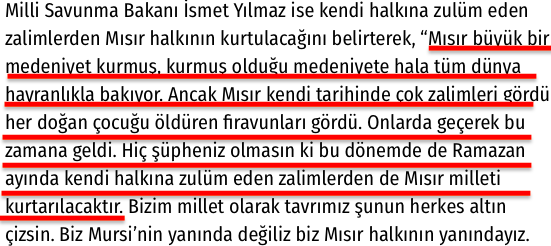
Another group member, Ali Şahin, an AKP deputy from Gaziantep, apparently used the harshest words for President Sisi for ousting Morsi. He posted numerous angry messages for Sisi, particularly in 2013 and 2014.
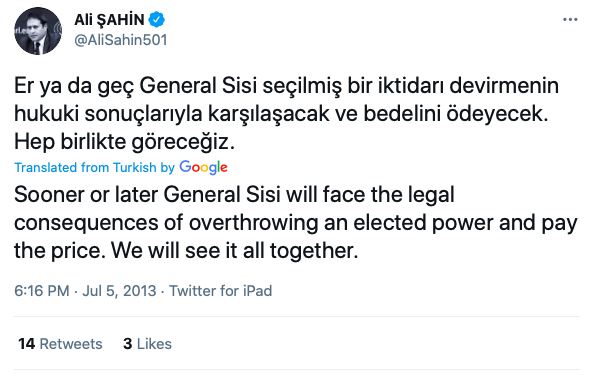
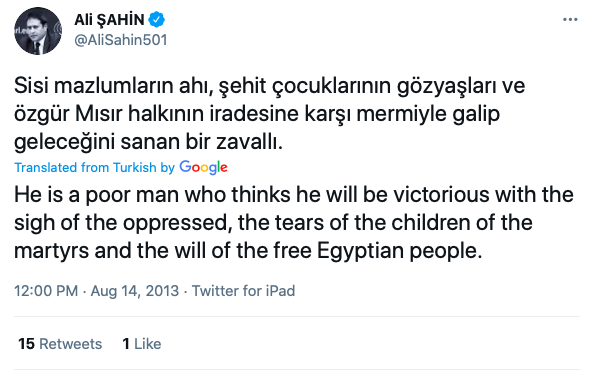
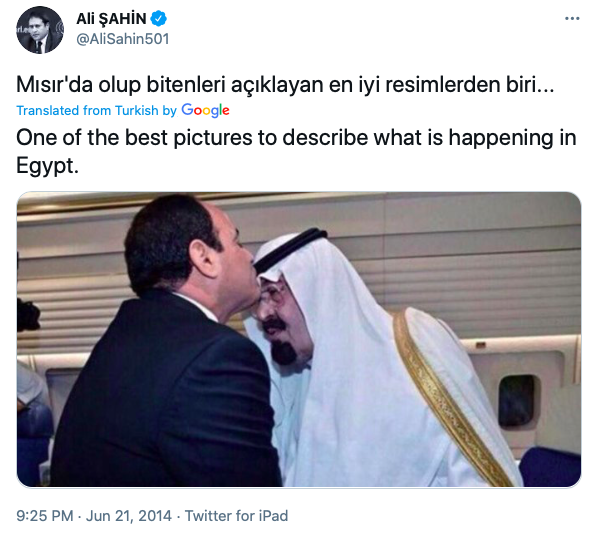
Şahin tweeted about the military intervention, saying: “Sooner or later General Sisi will face the legal consequences of overthrowing an elected power and pay the price. We will see it all together.”
Şahin also wrote, “Sisi is a poor man who thinks he will be victorious with bullets against the curse of the oppressed, the tears of the children of martyrs and the will of the free Egyptian people.”
Şahin criticized Saudi Arabia for supporting General Sisi. Posting a picture in which King Fahd and Sisi are greeting each other, Şahin wrote, “One of the best pictures to describe what is happening in Egypt.”
Ahmet Zenbilci, another AKP deputy in the friendship group, announced on Twitter that he stood by the heroic Egyptian people against the junta’s terror.
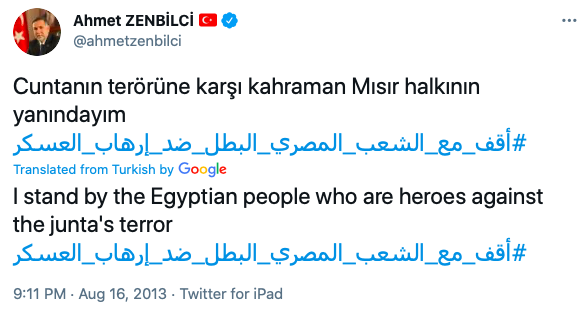
Other AKP deputies in the group expressed their condolences for Morsi, who died of a heart attack after collapsing in a Cairo courtroom in 2019. Mücahit Durmuşoğlu, the secretary-general of the group, attended a symbolic funeral prayer for Morsi in Ankara and shared his photo on Twitter.
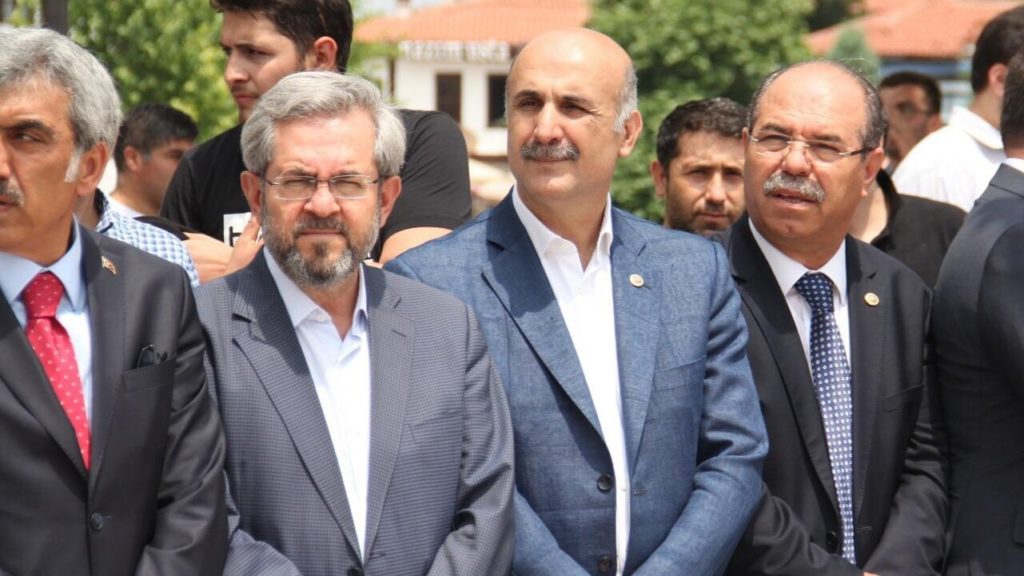
Apart from the anti-Sisi AKP deputies who are now members of the Turkey-Egypt Parliamentary Friendship Group despite the fact that Sisi is still in office, Tülay Hatimoğlulları, representing the HDP in the group, shared a post in 2017, slamming both the Muslim Brotherhood and the Sisi regime, likening them to pharaohs. The pharaoh is a symbol of oppression and tyranny in Turkey and other Muslim countries, thanks to the teachings of the Muslim holy book, the Quran.
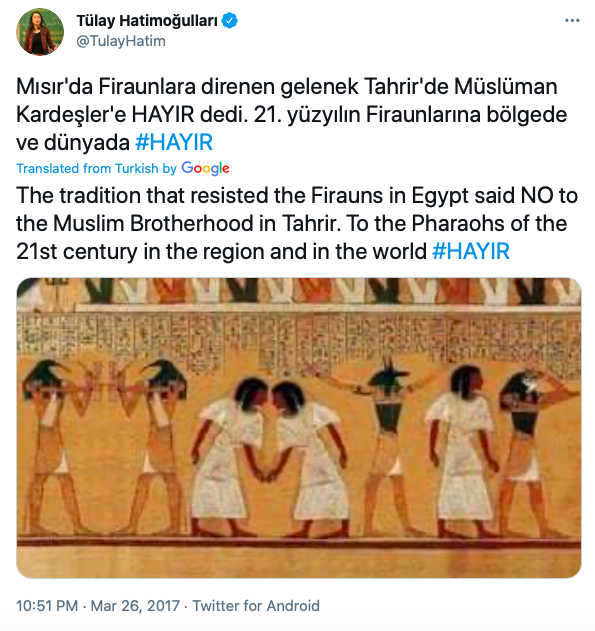
The AKP deputies who harshly criticized Sisi actually were following in the footsteps of their leader, Turkish President Erdoğan, who has been an outspoken critic of Sisi since he seized power. Mohamed Morsi was the leader of the Muslim Brotherhood, which traditionally had strong ties with Islamists in Turkey. Turkey was the only country that demanded the UN Security Council impose economic and political sanctions on Sisi, claiming that he was a war criminal. The countries declared each other’s ambassadors persona non grata and expelled them in 2013.
İstanbul became the capital of Arab media critical of their governments back home, especially for Egyptian media linked to Morsi’s Muslim Brotherhood.
Not surprisingly, Erdoğan objected to a dinner hosted by former US President Donald Trump in honor of the 74th session of the UN General Assembly in New York in 2019, due to his refusal to sit at the same table with Sisi. It is also claimed that Erdoğan left the room when he saw Sisi sitting at the same table as Trump.
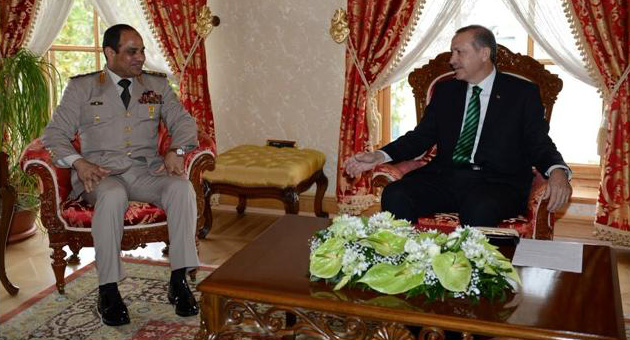
A Turkish delegation visited Cairo this week after years of rancor between the two capitals. Cairo does not appear to share the same level of enthusiasm for rapprochement as Turkey; Egypt’s Foreign Minister Sameh Shoukry noted in March that “words are not enough, they must be matched by deeds.”

